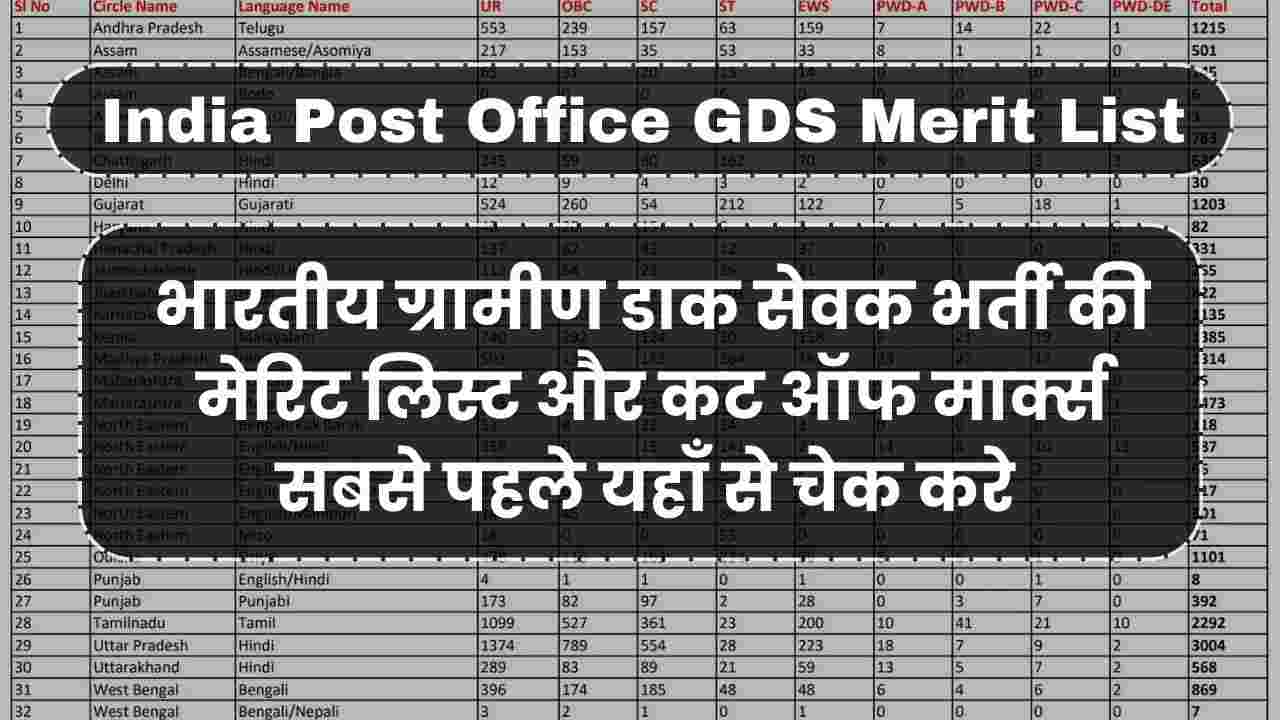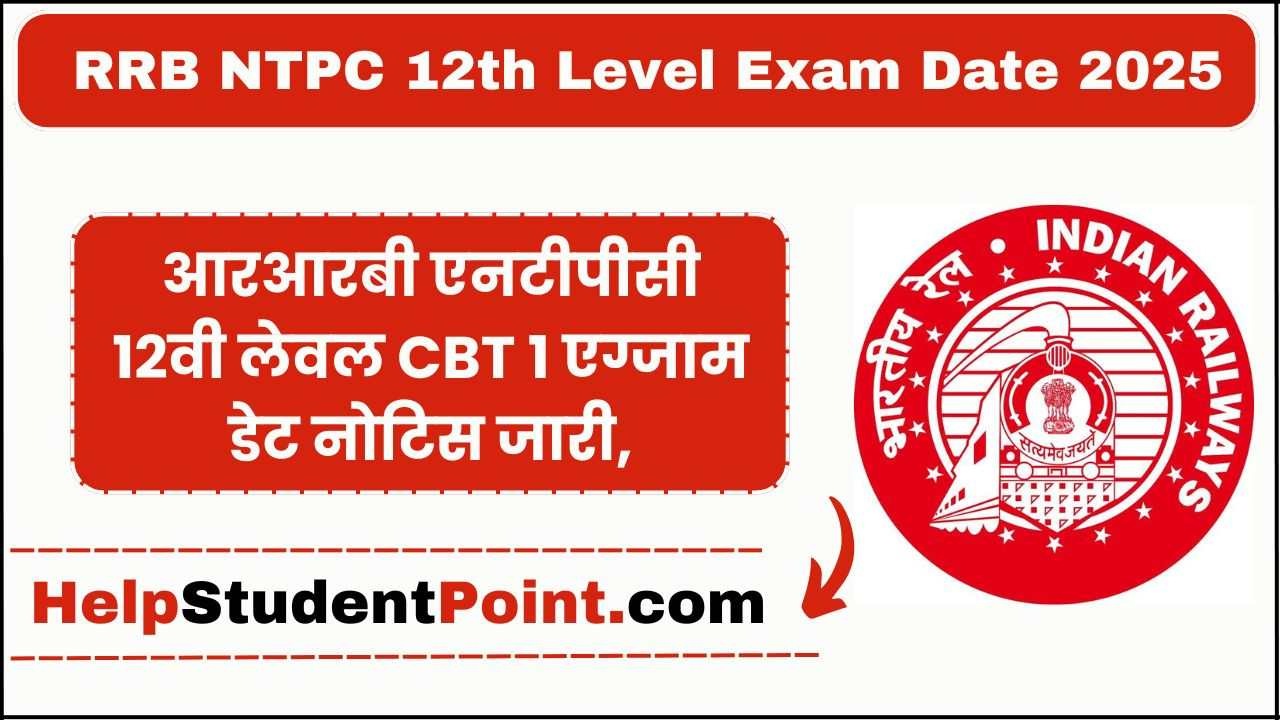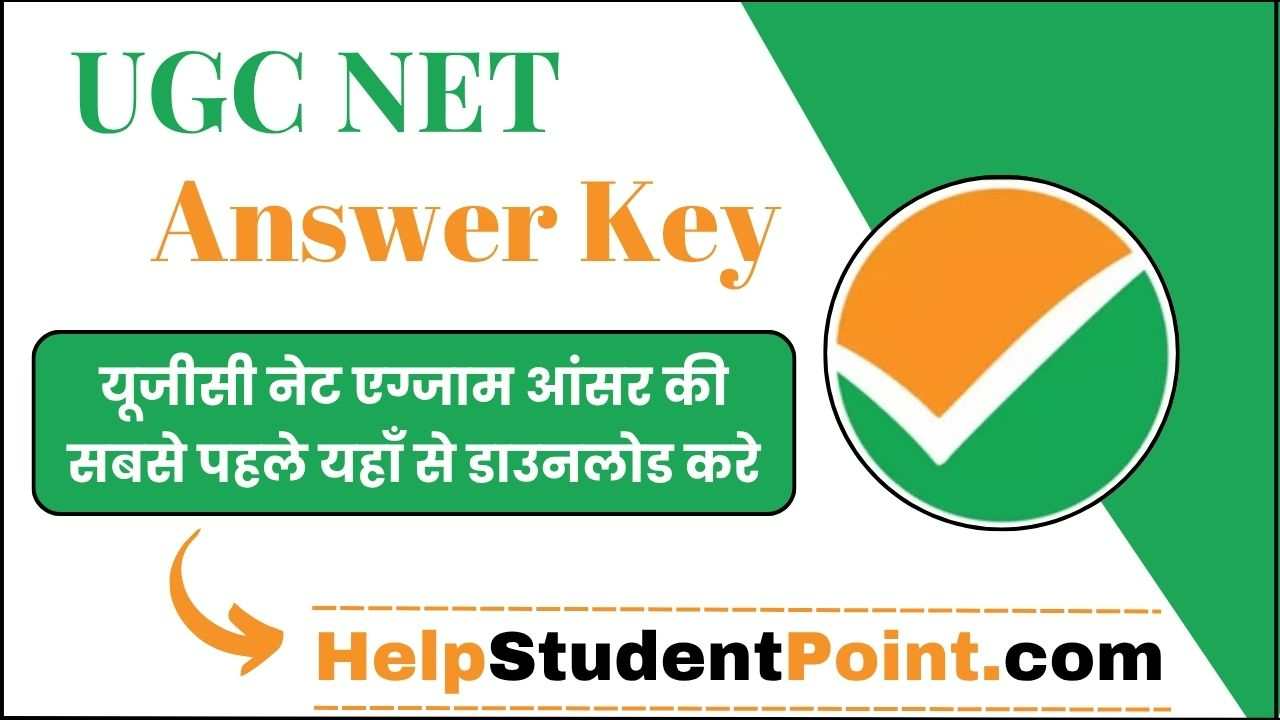UPSC CSE Philosophy Optional Syllabus for Paper-I, UPSC CSE Philosophy Optional Syllabus for Paper-II philosophy optional upsc, philosophy optional success rate, philosophy syllabus pdf, philosophy optional pros and cons, philosophy optional toppers, philosophy upsc notes, philosophy optional, philosophy optional
| UPSC CSE Philosophy Optional Syllabus for Paper-I |
| History and Problems of Philosophy
1. Plato and Aristotle : Ideas; Substance; Form and Matter; Causation; Actuality and
Potentiality.
2. Rationalism (Descartes, Spinoza, Leibniz); Cartesian Method and Certain Knowledge;
Substance; God; Mind-Body Dualism; Determinism and Freedom.
3. Empiricism (Locke, Berkeley, Hume) : Theory of Knowledge; Substance and Qualities; Self
and God; Scepticism.
4. Kant: Possibility of Synthetic a priori Judgments; Space and Time; Categories; Ideas of
Reason; Antinomies; Critique of Proofs for the Existence of God.
5. Hegel : Dialectical Method; Absolute Idealism.
6. Moore, Russell and Early Wittgenstein : Defence of Commonsense; Refutation of Idealism;
7. Logical Positivism : Verification Theory of Meaning; Rejection of Metaphysics; Linguistic
Theory of Necessary Propositions.
8. Later Wittgenstein : Meaning and Use; Language-games; Critique of Private Language.
9. Phenomenology (Husserl): Method; Theory of Essences; Avoidance of Psychologism.
10. Existentialism (Kierkegaard, Sarte, Heidegger): Existence and Essence; Choice,
Responsibility and Authentic Existence; Being-in-the-world and Temporality.
11. Quine and Strawson : Critique of Empiricism; Theory of Basic Particulars and Persons.
12. Carvaka : Theory of Knowlegde; Rejection of Transcendent Entities.
13. Jainism : Theory of Reality; Saptabhanginaya; Bondage and Liberation.
14. Schools of Buddhism : Prat Ityasamutpada; Ksanikavada, Nairatmyavada.
15. Nyaya—Vaiesesika : Theory of Categories; Theory of Appearance; Theory of Pramana; Self,
Liberation; God; Proofs for the Existence of God; Theory of Causation; Atomistic Theory of
Creation.
16. Samkhya; Prakrit; Purusa; Causation; Liberation.
17. Yoga; Citta; Cittavrtti; Klesas; Samadhi; Kaivalya.
18. Mimamsa: Theory of Knowlegde.
19. Schools of Vedanta : Brahman; Isvara; Atman; Jiva; Jagat; Maya; Avida; Adhyasa; Moksa;
Aprthaksiddhi; Pancavidhabheda.
20. Aurobindo: Evolution, Involution; Integral Yoga. |
| UPSC CSE Philosophy Optional Syllabus for Paper-II |
- Socio‐Political Philosophy
1. Social and Political ldeals : Equality, Justice, Liberty.
2. Sovereignty : Austin, Bodin, Laski, Kautilya.
3. Individual and State : Rights; Duties and Accountability.
4. Forms of Government : Monarchy; Theocracy and Democracy.
5. Political Ideologies: Anarchism; Marxism and Socialism.
6. Humanism; Secularism; Multi-culturalism.
7. Crime and Punishment : Corruption, Mass Violence, Genocide, Capital Punishment.
8. Development and Social Progress.
9. Gender Discrimination : Female Foeticide, Land and Property Rights; Empowerment.
10. Caste Discrimination : Gandhi and Ambedkar.
- Philosophy of Religion
1. Notions of God : Attributes; Relation to Man and the World. (Indian and Western).
2. Proofs for the Existence of God and their Critique (Indian and Western).
3. Problem of Evil.
4. Soul : Immortality; Rebirth and Liberation.
5. Reason, Revelation and Faith.
6. Religious Experience : Nature and Object (Indian and Western).
7. Religion without God.
8. Religion and Morality.
9. Religious Pluralism and the Problem of Absolute Truth.
10. Nature of Religious Language : Analogical and Symbolic; Cognitivist and Non-cognitive.
|
Frequently Asked Questions (FAQs) On UPSC CSE Optional Syllabus
Question- What is the UPSC’s Annual Programme (Calendar) of Examinations/RTs (Recruitment Tests)?
Answer – The UPSC publishes an Annual Programme (Calendar) of all the Structured Examinations/RTs conducted by it at least 6 months in advance (i.e. in June) for the Examinations/RTs to be conducted during the next calendar year. The Programme is uploaded on the UPSC’s website as also published in the leading news papers of the country. The date of issue of Examination Notice for each Examination is also mentioned in this Annual Programme.
Question- What happens if a candidate submits multiple online applications?
Answer – While a candidate should avoid submitting more than one online application, in case of doing so, the data provided in the last application (highest RID Number), that is successfully submitted online, is accepted by the Commission. All previous applications are ignored as these are amalgamated with the last completed & finally submitted application. If an applicant (who has already submitted an application successfully) wants to
make amendments in the application, then he has to submit a fresh application on or before the last date of submission of application of the Examination. Therefore, it must be ensured that fee is submitted against the
last online application only, which should also be complete in all respects including its final submission. Fee paid against one RID shall not be adjusted against any other RID number
Question- What action is taken by the Commission in case of submission of false information by the candidates?
Answer – A candidate found to be furnishing false information to the Commission or suppressing information, adopting various unfair means in the Examination like impersonation, cheating, etc., is liable to be disqualified
and/or debarred from writing UPSC Examinations as decided by the Commission. A detailed stipulation in this regard is incorporated in the Rules of Examination/ Examination Notices.




